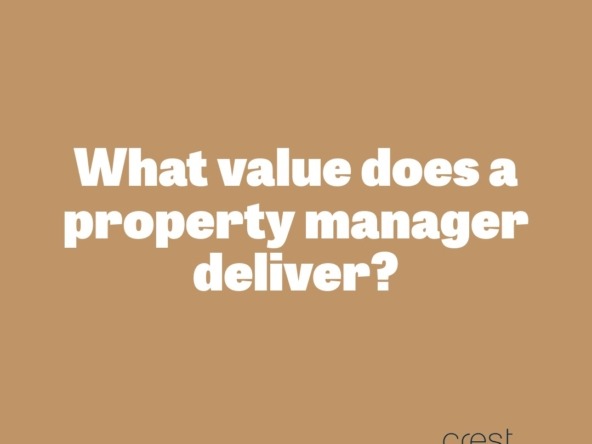How do valuers assess a property valuation?
No matter if you purchase a brand new, off-the-plan or second-hand property, we are all in the mercy of the valuer. This is less relevant for a cash buyer, but for the most part, buyers require borrowed funds to complete their purchase. This means the bank will employ a valuer of their choice to complete property valuation.
There are many professionals in real estate who can provide an appraisal estimating your property valuation, however a bank valuation is most important as it influences your loan application. Understanding how valuers assess a property valuation may help you think differently when buying.
A bank valuation is not necessarily the correct property valuation. The property market demonstrates a more accurate figure. Nothing is more transparent than supply and demand. Don’t be disheartened if the bank values your property less than what you paid. The market may pay well over what a bank valuer has indicated. We have seen this countless times.
So, how do property valuers assess a property’s value?
Property valuers are not economists. They are qualified valuers who will assess your property in its current shape and form. They will not consider the potential nature of it being a development site or the ability of it being capitally improved. Presenting the property to the valuer in its best form will help you get a better result.
There are three steps in their property valuation process. Here is a summary:
The Property Inspection
A valuer will need to inspect your property in person to review the asset in detail. They will review the land, the dwelling/property and site improvements.
Land Assessment:
The valuer will identify the location of the block, the size (both dimension and area), the facing aspect and the position. The valuer will weigh the positives against the negatives. An example of a negative criteria would be if a block was to close to power lines. This often causes a decline in property valuation.
Dwelling/Property:
The valuer will assess the property based on the quality of the build, the size, the layout/floor plan, the age and the fixture and fittings. The valuer will assess the property on what a buyer would want when walking into the home. For example, an open floor plan offers great natural light and is better suited to families. This can be viewed favorably by the valuer.
The valuer may also measure the rooms as part of the assessment. If the rooms are to small to fit a double bed, this can potentially reduce the property valuation.
Site improvements:
Many site improvements will capture positive attention by the valuer. Site improvements include landscaping, car spaces, storage/shed or amenities such as a swimming pool, gymnasium or roof top terrace. There are many types of improvements that will reflect in a positive property valuation.
Reviewing comparable sales
Once the valuer has assessed the property, the next step is to compare it with other properties available within the area. They have access to various databases that help compare and review your property. Valuers look to identify if the property is bigger/smaller, more superior in its design or even better placed in the suburb or street.
It should be noted comparable sale evidence can negatively influence your property valuation. For instance, if an Apartment within a building sold $50,000 below market price due to a distressed sale, this can reduce the bank’s property valuation. This does seem unfair, but valuers do not take note of the basis behind lower sales unless the property was inferior to yours. As mentioned earlier, a bank valuation isn’t as accurate as a market valuation.
Valuers will also rely on data from various other sources around town planning and location.

Property valuation report
Once a valuer has completed their findings, they produce a property valuation report for the bank. In the report, it will outline the risks associated to the property, the security of the market and confirm its property valuation.
The process is generally conducted similarly between valuers, but its not uncommon that different valuers present a different property valuation figure. If you do happen to encounter a negative property valuation, talk to your mortgage broker. They can find out why it was negatively valued and if it is worth getting another property valuation.
As we said, a bank valuation isn’t necessarily as accurate as a market valuation, however it is required if you are borrowing money from the bank to complete your purchase.
What to do next?
Getting property advice is critical when buying, particularly if its an investment. If you are looking for some help, we welcome the opportunity to share our knowledge and help source the right property.
If you’d like to learn more about buying an investment property, please don’t hesitate to contact us. We would welcome the opportunity to help with your property purchase. Our YouTube channel and Market Insights also provide a wealth of information to assist you with many areas relating to property.
Jan 2020













